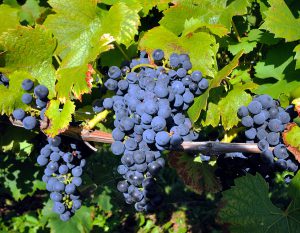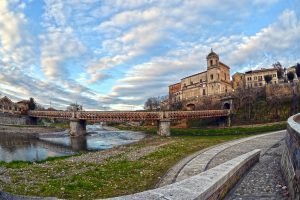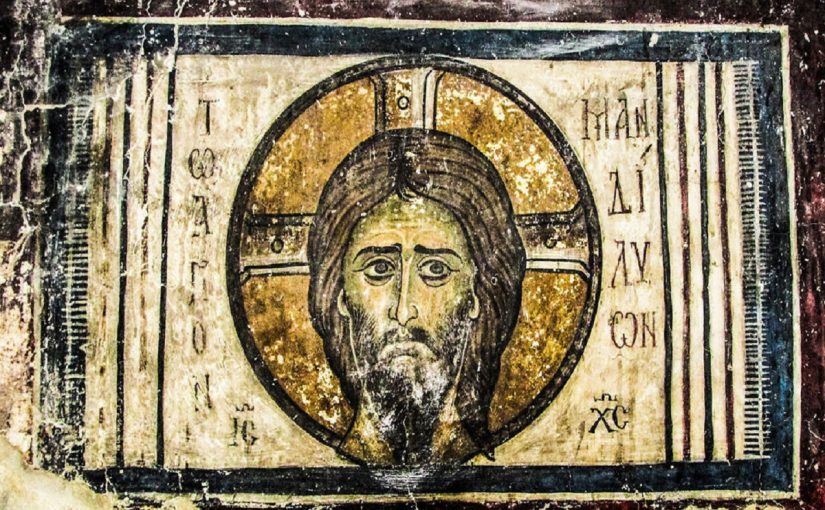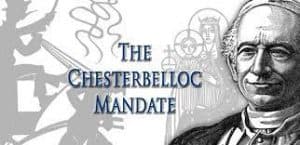5.1.2018
ADDORACA
An expert of southern wines shall add to his/her list a real Mediterranean treasure: “Addoraca”
It is a white Italian wine grape variety, growing in the Calabria region of southern Italy where it is blended with Coda di Volpe bianca, Malvasia bianca di Candia and Muscat blanc à Petits Grains.
The roots of Addoraca are believed to pertain to the province of Cosenza, where in local dialect the name Addoraca means “perfumed”. There, the grape has a long history of being a minor blending component in the Moscato di Saracena dessert wine.
Addoraca is today used in the production of passito-style wines, exclusively found in the province of Cosenza in Calabria where it is most notably used in the production of the straw wine Moscato di Saracena. Another name of Addoraca is Odoacra.
This wine well represents Cosenza, a province containing 155 municipalities, plus a community of Occitan language (also known as Langue d’oc, speaking in Guardia Piemontese, where this minority was formed by Vaudoi or Waldensian movement members, who moved to Cosenza to avoid religious persecution, in the 13th and 14th centuries). The wine has a long history, as this town of origin, Cosenza.
MAGLIOCCO DOLCE
Magliocco Dolce is another great wine coming originally from the area of Cosenza. Also known as Marsigliana nera, it is a red Italian wine grape variety that is grown mostly in the Calabria region of southern Italy, but its origins are on the La Sila plateau, where Magliocco Dolce may have originated.
A land near the lake “Lago Arvo” in the province of Cosenza gave raise to “Magliocco” grape and experts believe that the name Magliocco means “tender knot” in Greek.
Therefore, potentially Magliocco Dolce (or Magliocco Canino) could have originated in Greece. The connection with the lake “Arvo” is due to another name of this wine “Arvino”.

Nowadays, Magliocco is confounded with Gaglioppo or with Magliocco Canino, with Castiglione (particularly around Locride), Nerello Mascalese (in Sicily) and Nocera. Now its vineyard can be found in northern and western Calabria in the provinces of Catanzaro, Cosenza and Crotone.
Sometimes Magliocco Dolce has also other names: Gaddrica, Greco nero, Guarnaccia nera, Lacrima Cristi nera, Magliocco Tondo, Maglioccuni, Mangiaguerra, Nera di Scilla and Petroniere.
BRIEF NOTES ABOUT COSENZA
Cosenza began as a settlement of the Italic Bruttii tribe, and became their capital before the Romans invaded the area. The town was also conquered by the Romans in 204 BCE and was named “Cosentia”, then it was invaded by the Visigoths, by Byzantines and Lombards.
The city escaped the devastation of Lombards and Saracens, then by the first half of the eleventh century Calabria became a feudal dukedom of the Normans, with Cosenza as capital.
Afterwards, the Emperor Frederick II promoted the town, which grew until 1432 when King Louis III of Anjou settled in the castle of Cosenza with his wife Margaret of Savoy.

Since that time Cosenza knew a long list of military occupations. The Spanish army conquered it in 1500 and in 1707 the Austrians succeeded the Spanish in the Kingdom of Naples, followed by the Bourbons. From 1806 to 1815 Cosenza was subject to French domination and in 1860 Garibaldi’s troops added Cosenza to the new Kingdom of Italy.





